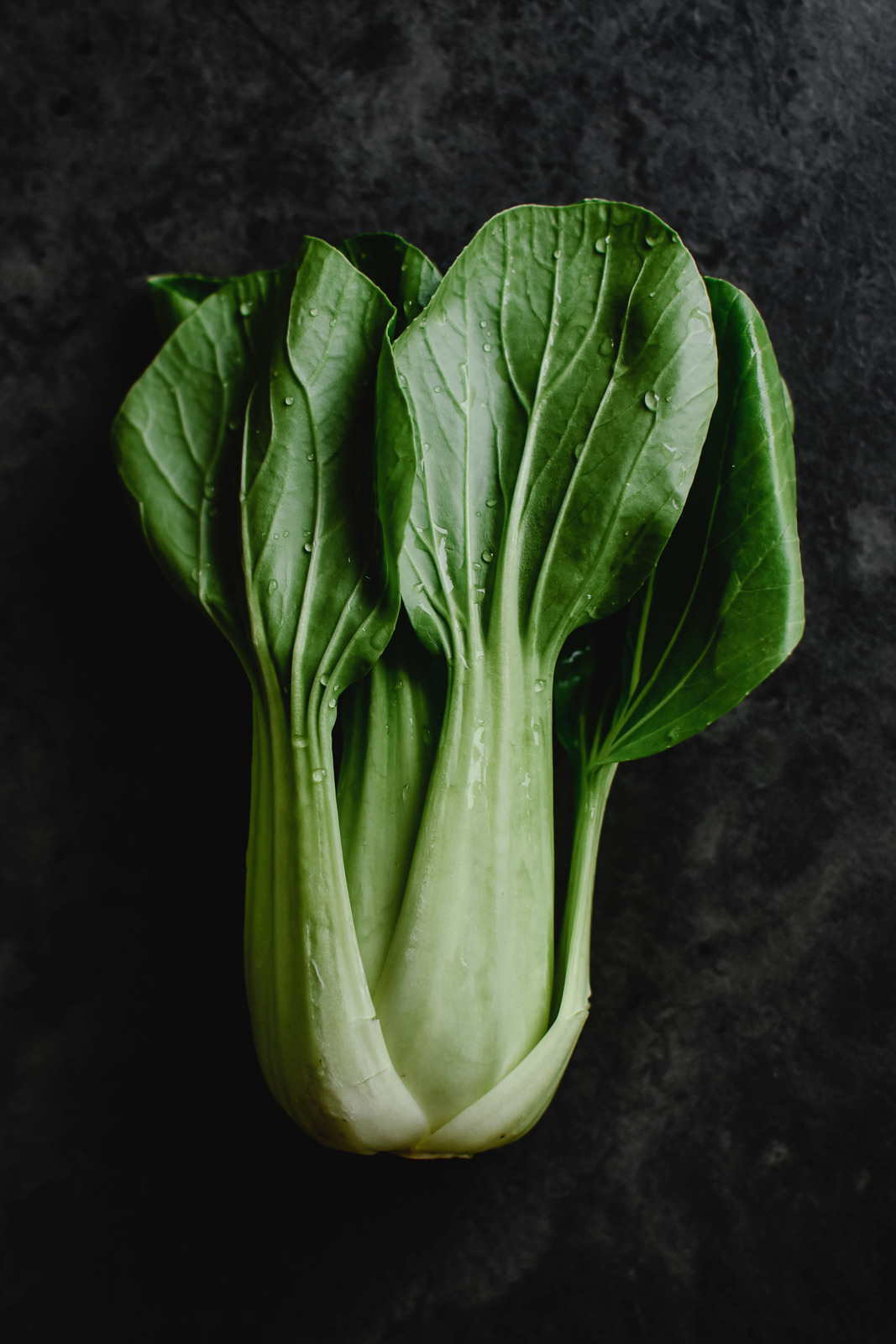Gut Rebuilding
Managing Your Gut
The gastrointestinal system is also referred to as the gastrointestinal tract, digestive system, digestive tract, or gut. It is a group of organs that includes the mouth, esophagus, stomach, pancreas, liver, gallbladder, small intestine, colon, and rectum.
Contrary to popular belief, physical symptoms in the body are not always related to the location that they are associated with. Many symptoms stem from a systemic imbalance – often originating in your gut. This can be true even if you do not have any obvious digestive issues.
Maintaining gut health and alleviating related symptoms is not easy, as there are many factors that can cause the gut to have an imbalance.
What causes a gut imbalance?
- Autoimmune problems, such as thyroid issues, rheumatoid arthritis, and type 1 diabetes
- Digestive issues, such as irritable bowel syndrome, constipation, diarrhea, heartburn, or bloating
- Sleep issues
- Skin rashes and allergies
- Sugar cravings
- Unexplained fatigue or sluggishness
- Unexplained mood disorders, such as depression or anxiety
- Unexplained weight gain or weight loss
4R Gut Health Solution
The 4R program offers four steps—remove, replace, restore, and rebuild—that can address the underlying causes, restore balance, and help alleviate symptoms. Depending on the severity of your condition, it can take up to six months to fully repair your gut. Work with your functional nutrition team to first to determine the best approach.
Remove
First, identify and remove the factors that may be contributing to your symptoms, including:
Stress
Stress can impair your digestion and absorption—particularly if you eat too quickly, too much, or at varying times of the day.
Allergenic foods
Develop an elimination diet plan with your health team to help determine if you have food allergies. The diet involves removing potentially allergenic foods for a length of time (the length of the elimination phase will vary based on your individual needs and protocol). You will then begin reintroducing the foods, one at a time, every two days, while monitoring for symptoms. Potentially allergenic foods include processed foods, oranges, dairy, eggs, corn, grains with gluten, pork, shellfish, beef, veal, soy, peanuts, alcohol, coffee, soda, refined sugar, chocolate, ketchup, and most other condiments.
Pathogens
Bacterial and yeast overgrowth, viruses, fungi, parasites, and other toxic substances are common contributors to gut-related symptoms. A variety of tests, supplements, dietary, and home remedies are available through your functional nutrition team to identify and remove pathogens.
Replace
Replace stomach acid and digestive enzymes, which may be lacking in your gut. Lab tests, such as fat absorption tests and gastric analysis, can help determine the factors that need to be replaced. Work with your health team to determine supplements that could support your healing, such as:
- Digestive enzymes, including protease, lipase, amylase, and pepsin
- Hydrochloric acid
Restore
Restoring the gut with good bacteria to help regain a healthy microflora balance is a key step. Intestinal microflora are microorganisms that live in our gut and are helpful in aiding digestion and nutrient absorption.
This can be accomplished naturally with a variety of foods and supplements:
Fermented foods:
These foods include tea, pickles, sauerkraut, kimchi, miso, yogurt, kefir, and kombucha.
Prebiotics:
These are non-digestible plant components that nourish the body’s microflora. They include:
Oligosaccharides and Fructo-oligosaccharides (FOS):
Types of carbohydrates found in some fruits and vegetables, including leeks, onions, asparagus, jicama, bananas, garlic, and Jerusalem artichokes. These are also available in supplement form.
Arabinogalactans:
Arabinogalactans are a type of soluble fiber; small amounts can be found in carrots, radishes, pears, corn, wheat, and tomatoes. If you are looking for a meaningful amount, they are available in supplement form.
Soluble fiber:
Fiber that easily dissolves in water; found in sources such as oatmeal, beans, apples, pears, strawberries, nuts, flaxseeds, psyllium, cucumbers, and celery.
Probiotics:
Probiotics are live bacteria that aid the digestive process, and keep our gut health and intestinal function strong. Probiotics are available as supplements. Make sure to purchase a refrigerated brand with live, mixed flora such as lactobacillus and acidophilus.
We Can Help
We would like to help you understand a holistic approach to the 4R Gut Health solution. We start with an in-depth consultation where we listen to your case and do a full examination, along with special testing to help you figure out the best approach. We look forward to meeting you in person and exploring how we can get you back on track living the life you always wanted.
Join Our Mailing List
Never miss an update


